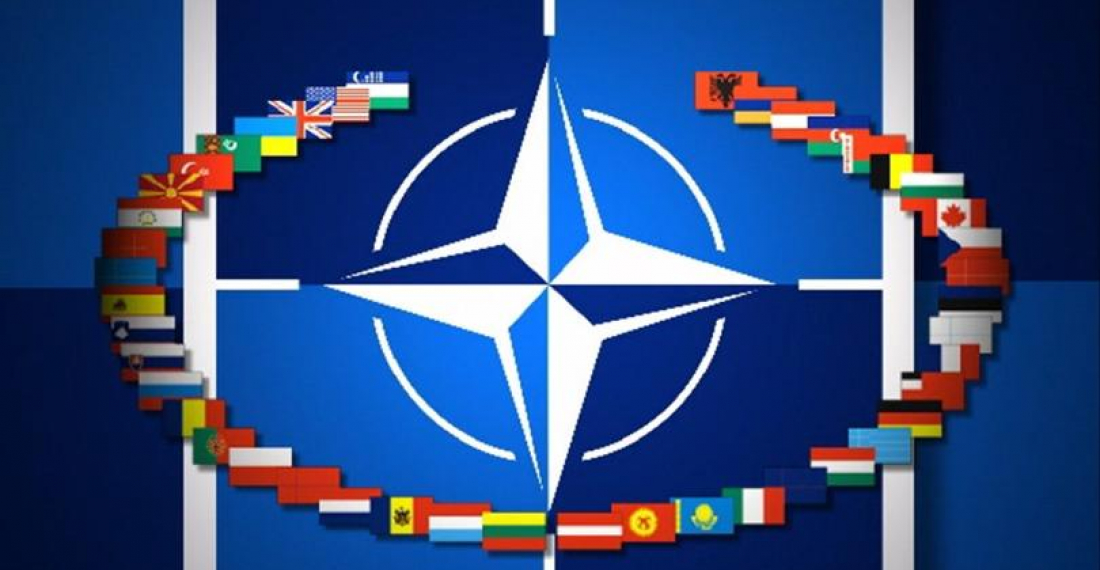Turkish representatives will meet counterparts from Sweden and Finland on 26 August in an effort to remove the final stumbling blocks for the accession of the two Scandinavian countries into NATO. Turkey is one of seven out of thirty NATO countries still to ratify the decision taken at the last NATO summit to admit Sweden and Finland into the alliance.
Speaking at a Conference for Turkish Ambassadors across the world, being held this week in Ankara, Turkish Foreign Minister Mevlut Cavusoglu said on Thursday (11 August) that Sweden and Finland are yet to deliver their commitments arising from the trilateral memorandum signed at the NATO summit in Madrid in June and they haven't taken any solid steps on Turkey's requests on extradition of terrorists yet.
He described the remarks by Swedish and Finnish authorities on their promises as "well intentioned," and reiterated Turkey's desire to see concrete steps from the two countries.
Meanwhile, Sweden’s government said it would hand over a Turkish citizen convicted of credit card fraud to Ankara, the first known extradition since the dispute about the handing over of suspected terrorists.
The man facing extradition was identified in Swedish court documents as Okan Kale, and was convicted in Turkey of credit card fraud in 2013 and 2016.
He sought asylum in Sweden in 2011 but his request was denied. He was granted refugee status in Italy in 2014.
Kale’s name features on a list published in Turkish media of people that Ankara wants extradited from Sweden.
The Turkish Justice Ministry refused to comment on whether the man was on a list drawn up by Turkey.
It noted that Ankara had sought his extradition in 2021 - long before the Stockholm’s application to join the North Atlantic alliance in May.
"This is a regular, routine matter," justice ministry spokeswoman Angelica Vallgren was quoted as saying. "The extradition request was received last year." Kale has been held in Swedish custody since December 2021.
source: commonspace.eu with agencies






